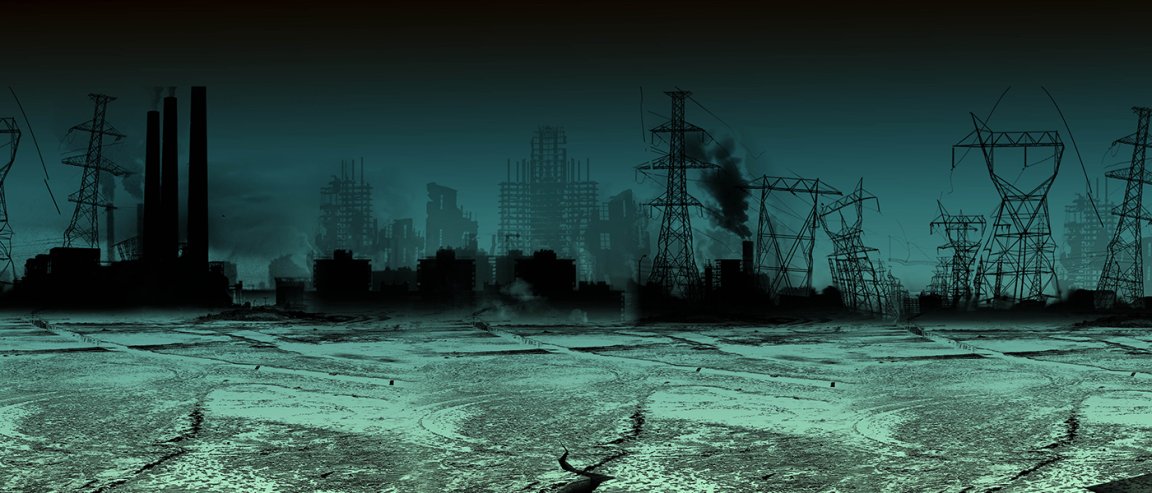
Ancient Celestial Catastrophes
Graham Hancock, a reporter, is also a conspiracy theorist and “alternative historian.” It is in these latter roles that he has pursued most of his life work, promulgating the theory that long before the civilizations of ancient Babylonia, Mesopotamia, and Egypt, a highly advanced race lived on our planet until it was decimated by a comet strike about 12,000 years ago. Moreover, their annihilation is no mere tragedy: it is a warning to modern humanity.
Hancock’s 2015 book Magicians of the Gods sets forth this story, but it has been debunked by various scientists. Dr. Michael Shermer, a Chapman University Presidential Fellow and the publisher of Skeptic magazine, carefully points out the major flaws in Hancock’s theory in Scientific American. For example, comet or not, an advanced civilization that leaves absolutely no trace behind is highly unlikely, if not impossible. Furthermore, a body of research that includes radiocarbon dating, the search for a nonexistent impact crater, and the study of extinction patterns clearly contradicts Hancock’s theory. Finally — and perhaps most importantly — Shermer points out that Hancock’s theory is based entirely on ignorance and gaps in evidence in support of other theories, rather than any evidence supporting his own.
Shermer isn’t alone in his efforts. Ken Feder, a well-known archaeologist who has devoted much of his career to fighting pseudoarchaeology, reviewed Hancock’s earlier work from 1995, Fingerprints of the Gods. Like his more recent book, Fingerprints also tells the story of an extraordinarily advanced civilization that was wiped out by a disaster. Hancock claims these were the people who made the pyramids of Peru and Egypt possible. Feder points out that Hancock cherry-picked his data, ignoring evidence that didn’t suit his theories and using discredited work. Hancock also appears unable to understand the notion of cultural evolution — something that may explain his specious inability (shared by many) that people of different cultures cannot achieve technical, artistic, or architectural feats.
Healthy Skepticism — Not Denial
Belief in a mysterious ancient civilization might not seem important — after all, how could it have any dramatic impact on the present or future? However, these kind of beliefs — a kind of “ancient astronauts” syndrome — are possible only when we fail to draw our conclusions from science and evidence. These kinds of beliefs, although they are often labeled as “skepticism,” are definitely not that. They are science denial, and like other such forms of denial — such as that surrounding climate change — these beliefs contribute to a toxic culture of science rejection.
According to the Committee for Skeptical Inquiry (CSI), the popular media has conflated the words “skeptic” and “denier.” CSI explains the difference this way: “Proper skepticism promotes scientific inquiry, critical investigation, and the use of reason in examining controversial and extraordinary claims. It is foundational to the scientific method. Denial, on the other hand, is the a priori rejection of ideas without objective consideration.”
For example, Ben Carson, Secretary of Housing and Urban Development and a key advisor role to the president, has said that he does not believe the ancient Egyptians built the pyramids. Instead, he thinks that Joseph (from the Bible) built the pyramids in order to store grain. This may seem inconsequential at first blush, but consider this: firstly, Carson is ignoring well-established scientific research and marginalizing an entire culture while he is in a position that makes him a representative of the United States. Beyond that, his job is to decide policies based on data — data he clearly believes can, and should, be ignored if it contradicts his religious or personal beliefs. While this is fundamentally inappropriate for someone in his role, it’s been made possible because of a broader national culture of science denial.
The “ancient aliens” set also assumes that ancient cultures were simply not capable of advancements in technology, science, the arts, writing, or architecture. Rather, this entire group of people believes that aliens came to Earth and left nothing but knowledge bestowed directly into the minds of ancient peoples, allowing them to construct geoglyphs, pyramids, and other complex designs. While this smacks of bias towards other cultures, it is also a symptom of the same issue that plagues Hancock’s work and much of our current culture: science denial.
Data-driven policies and solutions and the scientific method support dissent, free speech, and a diversity of opinions. Science is no ideological monolith; many controversies persist in the community. But denial of science leads us down a dangerous path. We don’t need to invent an ancient race of advanced people to receive a cosmic warning for humanity — we’ve already been warned by our own planet. And we know about that warning thanks to science.